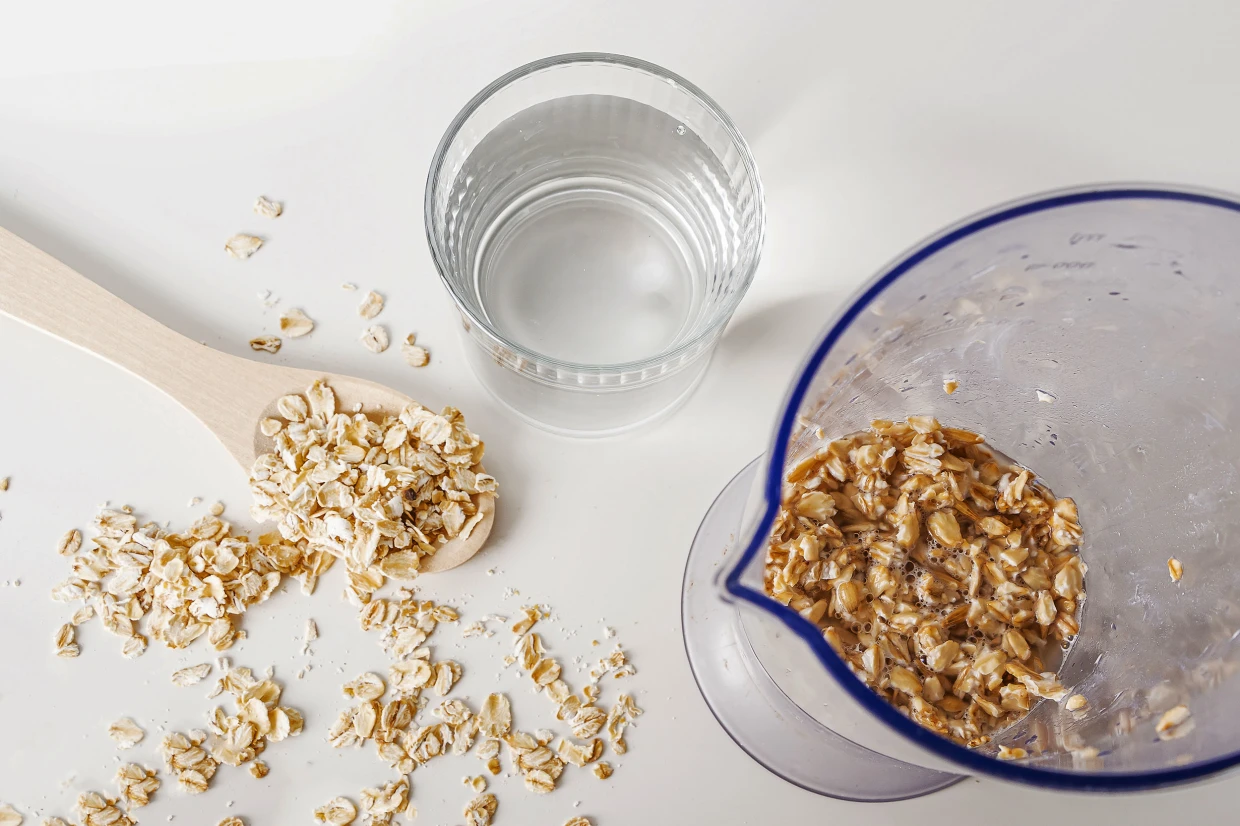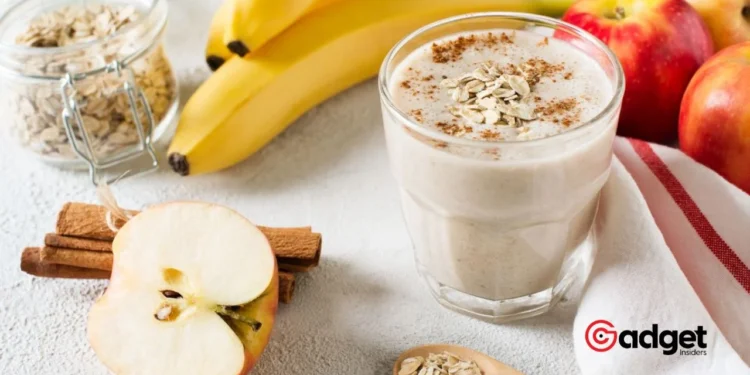The latest diet trend taking over TikTok, dubbed “Oatzempic,” has captured the attention of millions with its simple recipe for oats, water, and lime juice. But does this viral sensation hold the key to sustainable weight loss, or is it just another internet fad? Let’s uncover the truth with insights from nutrition experts.

Understanding ‘Oatzempic’ and Its Origins
Originally derived from the diabetes drug Ozempic, the “oatzempic” trend rides on the coattails of the medication’s weight management side effects. Ozempic, a treatment developed for type 2 diabetes, mimics a natural hormone that not only reduces blood sugar but also slows digestion and promotes satiety, according to UC Davis Health. While not FDA-approved for weight loss, Ozempic has been prescribed off-label for this purpose.

“Exploring the Safety of TikTok’s ‘Oatzempic’ Weight Loss Hack”
The Mechanics of ‘Oatzempic’
The “Oatzempic” mixture, a blend of oats, water, and lime juice, claims to offer similar weight loss benefits. According to Tamar Samuels, MS, RD, co-founder of Culina Health, “Oats are a great source of soluble fibre. This type of fibre absorbs water and forms a gel-like substance in the digestive system, which slows down digestion and promotes a feeling of fullness, mirroring one of the effects of Ozempic and other GLP-1 receptor agonist medications.” Samuels further highlights the cardioprotective properties of foods rich in soluble fibre, noting their role in lowering cholesterol and blood sugar levels.
The Safety Debate
However, the safety and effectiveness of substituting meals with “Oatzempic” are up for debate. While incorporating oats into one’s diet can be beneficial, relying solely on this drink for weight loss is fraught with potential pitfalls. Samuels warns of the risks of nutrient deficiencies from a lack of dietary variety and the difficulties associated with overly restrictive diets. “Obesity is a complex condition influenced by genetics, lifestyle, and environmental factors. Achieving and maintaining weight loss requires a comprehensive approach that addresses these individual needs,” she explains.
https://twitter.com/search?q=%22Oatzempic+weight+loss%22&src=typed_query
A Balanced Meal Versus ‘Oatzempic’
Stressing the importance of a balanced diet, Samuels advises against replacing meals entirely with “oatempics.” She asserts that a nutritious meal should include a combination of carbohydrates, proteins, and fats, along with phytonutrients found in fruits and vegetables. “While ‘Oatzempic’ provides whole grains, it lacks sufficient protein, healthy fats, and a variety of nutrients essential for metabolic health and appetite regulation,” she notes.
Instead of opting for an “Oatzempic” shake, Samuels recommends incorporating oats in healthier ways, such as in a bowl of oatmeal or overnight oats paired with fruits, nuts, and yoghurt. This not only enhances flavour but also ensures a more balanced intake of nutrients, promoting sustainable weight management.
Conclusion: Weighing the Benefits Against Risks
The “Oatzempic” trend exemplifies a broader phenomenon where viral diet hacks gain traction without robust scientific backing. While the initial appeal of such trends can be strong, it’s essential to consult healthcare professionals and consider long-term sustainability and health impacts. As the quest for quick weight loss solutions continues, remember that the key to real success lies in balanced, informed dietary choices.
For those looking to explore more about healthy eating and weight management, check out additional resources and expert advice here.
This comprehensive look at “Oatzempic” not only provides insights into its potential benefits but also highlights the importance of a well-rounded approach to dieting, urging readers to prioritize health and sustainability over fleeting diet trends.










